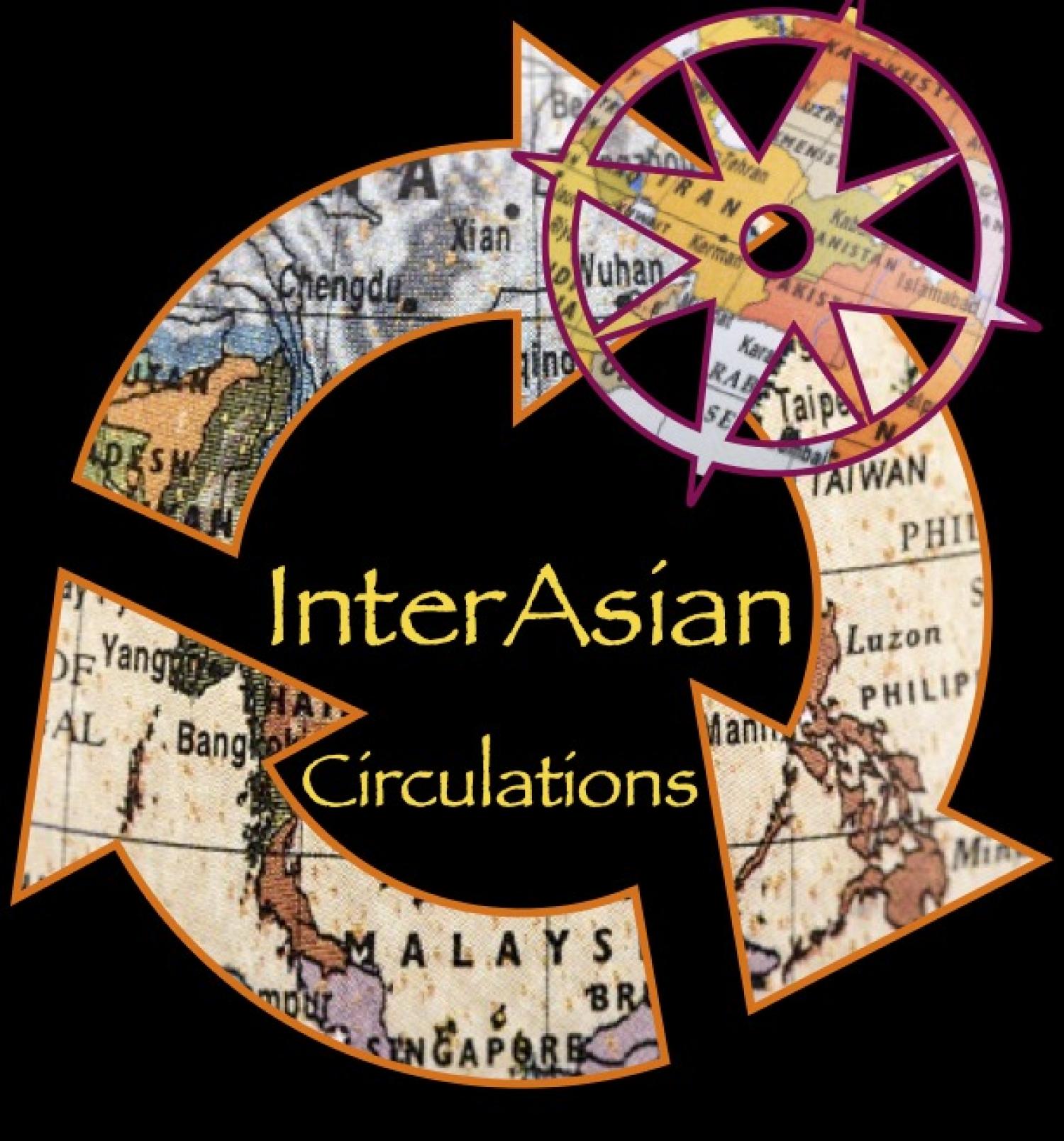Asia Symposium 2025: InterAsian Circulations 2025.04.11

Friday, April 11th
Center for British and Irish Studies, 5th floor
Norlin Library
The Asia Symposium’s 2024-2025 theme is InterAsian Circulations. In recent years, Asian Studies has emphasized the importance of transnational connections within Asia and between Asia and other parts of the globe. Inter-Asian movements of people as well as economic and cultural ties have long been powerful forces within Asia. For example, the economies of China, India, and the Middle East are increasingly integrated through trade. This year, the symposium highlights exchanges, links, and connections across borders within Asia, with particular emphasis on circulations between West and East Asia. We seek to explore the historic and contemporary connections between West and East Asia, with attention to how phenomena such as migration, religious and cultural exchanges, and political/economic connections build transregional relationships and influence Asian societies.
Symposium Schedule
11:30am-12:15pm Meet and greet/reception
12:15pm Introductions and welcome
12:30-2pm Panel 1: Religious and Social Movements in Asia
In recent years, religious and social movements have been dynamic forces in Asian societies. This panel examines the contours of such movements and their politics, with attention to how they circulate within and beyond national borders.
2-2:15pm break
2:15-3:45pm Panel 2: Migration and Refugee Circulations in Asia
Scholars and policy analysts have traditionally thought of migration as occurring from Asia to Europe, Australia/New Zealand, or the United States. Yet in 2020, out of 111 million migrants from Asia, more than 50 percent (about 66 million people) migrated to other countries within Asia. Migration is also increasingly occurring within Asian countries. This panel examines migration from the perspective of Asian societies.
4-5pm Keynote presentation
Keynote Speaker:
Sea of Friends: Wilāya as a Moral Framework of InterAsian Circulation
Ismail Fajrie Alatas, New York University
The past three decades have witnessed increasing interest among anthropologists and historians in writing about and theorizing transnational mobility, the rapid circulation of people and objects, and cosmopolitan cultural forms, along with the methodological shift from single- to multi-sited field/archival work. These shifts have sparked debates over the politics of global and trans-regional perspectives and their connections to imperial or neoliberal frameworks. Yet, global and trans-regional perspectives remain diverse, encompassing visions of connectivity and circulation that are radically different from the imperial or neoliberal rhetorics and teleology of globalization. Various historical actors have themselves theorized global or trans-regional connectivity and circulation through different frameworks. One such example is the Bā ʿAlawī Sufis from South Arabia, whose mobility across the Indian Ocean facilitated enduring networks of friendship that connect different localities. Analyzing their textual corpus, this talk uncovers the moral framework of wilāya, a concept encapsulating friendship, guardianship, and territoriality that offers visions of a trans-regional geography shaped by forms of protection, care, hospitality, and grace. While wilāya is an ideological concept that has shaped InterAsian circulation beyond political or economic imperatives, thinking with it opens up an analytic perspective on circulation that brings ethics, affect, forms of non-economic exchange, and cosmology into a unified interpretive frame.
Ismail Fajrie Alatas is associate professor of Middle Eastern and Islamic Studies, and History at New York University, and a fellow of The Royal Aal al-Bayt Institute for Islamic Thought, in the Hashemite Kingdom of Jordan. He holds Ph.D. in Anthropology and History from the University of Michigan, Ann Arbor. He is the author of What is Religious Authority? Cultivating Islamic Communities in Indonesia (Princeton, 2021) along with many articles, the latest of which – “Voicing God’s presence: Qurʾānic recitation, Sufi ontologies, and the theatro-graphic experience” – appeared in Hau: Journal of Ethnographic Theory (2024). He is currently working on a new book project that explores the relationship between religion, spatiality, and geography by looking at a transoceanic moral geography that links Southeast Asia to South Arabia.
Find paper abstracts and speaker bios here.
This event is funded by a grant by the Title VI National Resource Center grant from the U.S. Department of Education.

